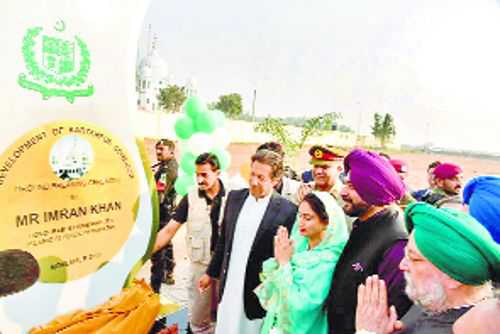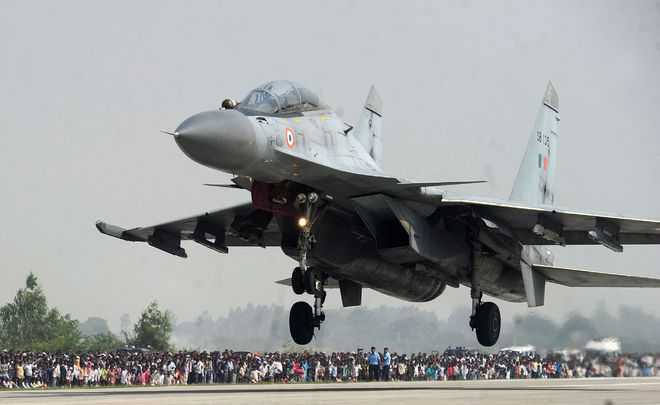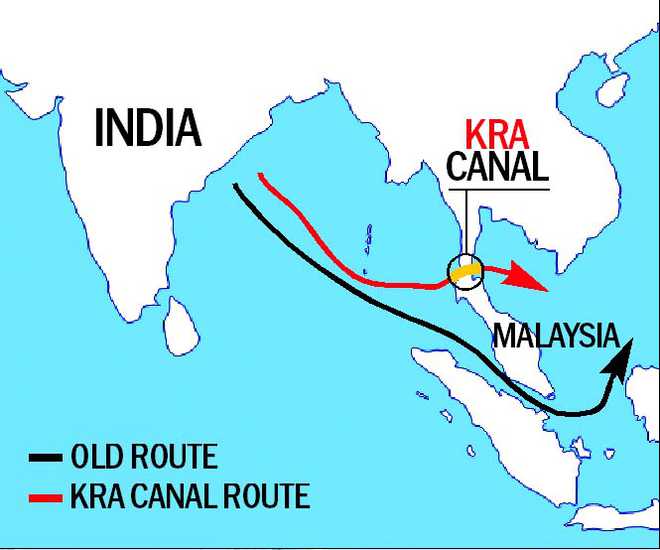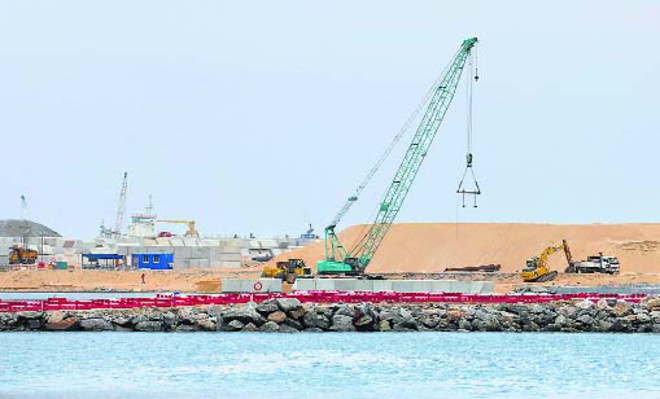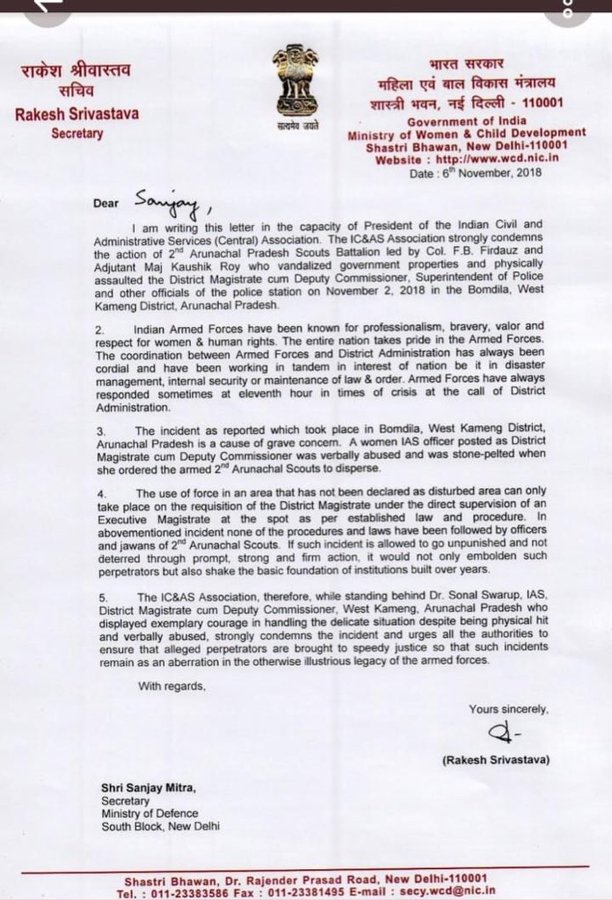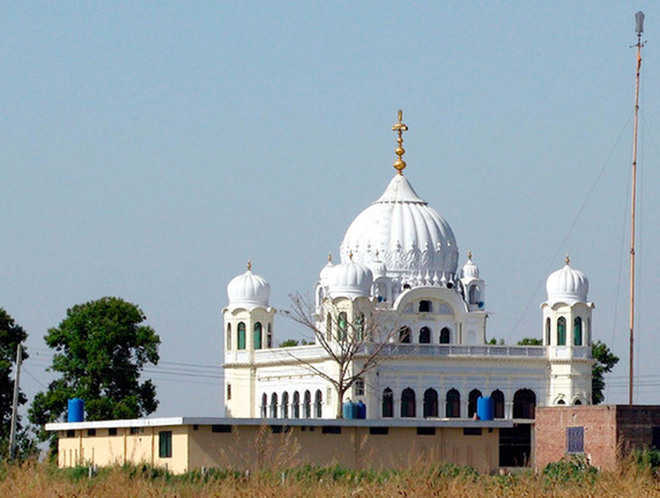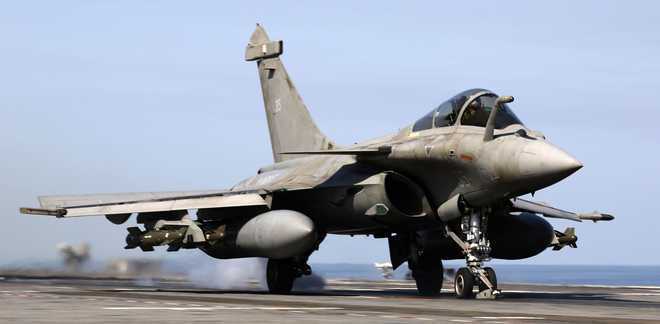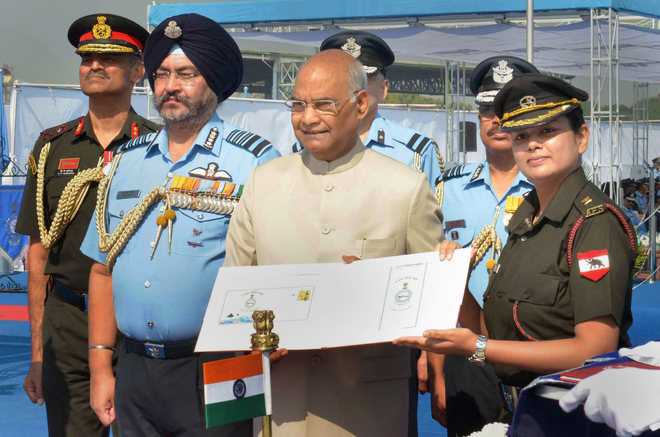
Ajay Banerjee
Tribune News Service
New Delhi, November 29
The issue of rank parity between the armed forces and the civilian cadre has again surfaced. In a latest communication, the Army said ‘no cognisance’ has to be taken of a letter appointing civilian officers on several senior positions within armed forces.
A letter was written on November 26 by the administration and coordination branch of the Army in response to one written by the Joint Secretary and the Chief Administrative Officer (CAO) informing about the redistribution of posts from among the Armed Forces Headquarters, called the AFHQ cadre. This comprises civilians who work in the three services. The CAO had written the letter on October 30 to the three service chiefs and appended along lists of appointments.
The Army letter issued now cites a letter dated November 2, 2017, and has asked its various wings to take ‘necessary action’ as per the details mentioned in it. The previous letter had said ‘no cognisance’ should be taken of such communications. It says “it has been observed with concern that the CAO has been writing letters to the service chiefs”.
The CAO, who heads the AFHQ cadre, had issued a letter dated October 30, addressed to the chiefs of the three services. It listed the additional posts and appointments at the level of Additional Director General in separate wings of the armed forces.
This issue was raised in October last year too. The forces had said appointments had been made arbitrarily without consulting the service headquarters. The Principal Personnel Officers Committee on September 22, 2017, pointed out that the Union Cabinet mandates policy matters of the AFHQ cadre be dealt by the PPOC.
The MoD, in its letter earlier this year, said the cadre restructuring of the AFHQ, as approved by the Union Cabinet, would be implemented. Designations will be created in consultation with the armed forces.








